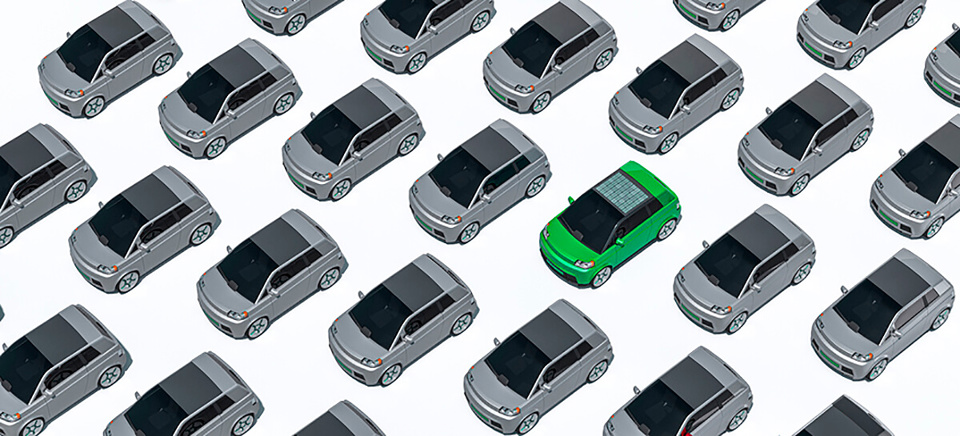Only four carmakers are on track for getting their emissions below the EU’s general target of 95g/km of CO2 by 2020, research suggests.
The research, carried out in June 2013 by PA Consulting Group, forecasts and ranks carmakers’ performance against industry and individual targets and shows that most carmakers – especially German premium carmakers – will not be able to achieve the 2020 target.
Renault, Toyota, PSA Peugeot Citroen, and Fiat are the only companies that look like they could meet this target.
In contrast, the analysis shows that Volkswagen, BMW and Daimler’s heavier fleets will struggle to achieve compliance. That means the on-going negotiations between the EU, governments and the manufacturers on how to meet this target look set to get even more difficult, suggests PA.
Even if carmakers take advantage of the EU’s proposed ‘super credits’ scheme for electric, hybrid and plug-in hybrid cars, PA’s analysis suggests that BMW, Daimler and Volkswagen will still miss the specific target for CO2 emissions of their portfolio.
In particular, while increasing electric vehicle (EV) use is critical to reducing emissions, the current low level of sales means that more will have to be done to make them an attractive option.
Thomas Goettle, automotive expert at PA Consulting Group, said: “If the EU and governments really want to achieve these reductions in emissions they will need to provide more incentives for EV use, while carmakers will need to do more to address the technical problems around EV range.
“The EU could also look at multiplying the value of ‘super credits’ or – the better option – taking a more incremental approach to targeting emissions reductions, as it has done with the 2015 target.
“This could give carmakers until 2023 – instead of 2020 – before 100 per cent of their fleet needs to be on target for 95g of CO2 per kilometre which could provide a more achievable option.”
For the full research results, see the table below.






















Login to comment
Comments
No comments have been made yet.